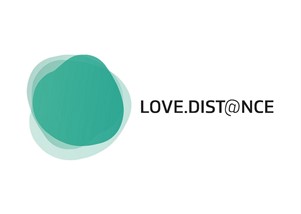The Ibero-American University Foundation (FUNIBER) attended a meeting held in Tel Aviv (Israel) between the partners of the European Erasmus + LOVE.DIST@NCE project from 14 to 19 March.
During these conferences, FUNIBER organised an activity on assessment rubrics for digital learning environments, which will provide the project with some fundamental common criteria in improving the first proposals from the partners.
The first day of the transnational meeting was organised at the ONO College in Tel-Aviv, the first centre open to the ultra-orthodox community. The rector of the college, Ranan Hartman, presented the multicultural context of the country and the complexity of the coexistence of the communities, as well as the difficulties of working at the global stage.
The partners also visited the institution’s recording studio to collaborate in disseminating the project’s content.
On Wednesday 16 March, the Coordinator of the European Projects Area, Thomas Prola, gave the lecture “Common challenges for distance learning: Is it possible a pedagogical model for the inclusion with digital technologies? ”
In addition, during their stay, the project partners had the opportunity to get to know online courses offered by various universities and gave an assessment of these courses.
On behalf of FUNIBER, the meeting was also attended by the Director of the Projects Department, Arturo Ortega, and the project researcher, Emmanuel Soriano.
The LOVE.DIST@NCE (Learning Optimization and Academic Inclusion Via Equitable, Distance Teaching and Learning) project aims to contribute improving access to and quality of higher education for socially vulnerable people in Israel and Georgia and is funded by the European funding agency EACEA (Education, Audiovisual and Culture Executive Agency).
If you are interested in learning more about the digital skills needed in today’s academic world, you can watch a webinar by Thomas Prola on 31 March on this topic.


